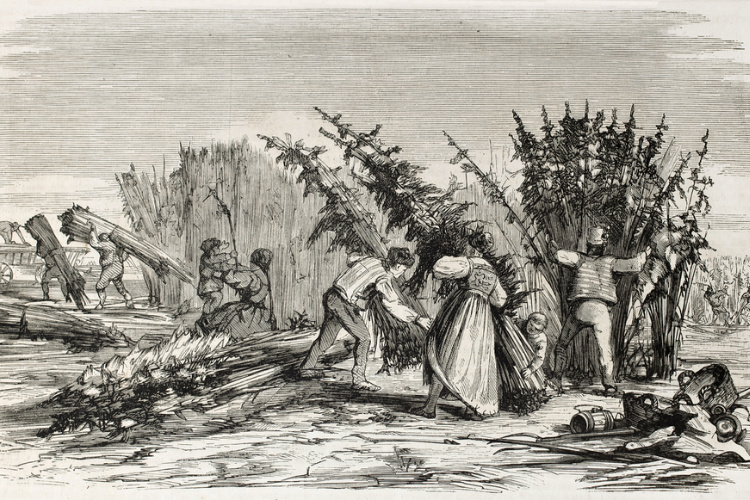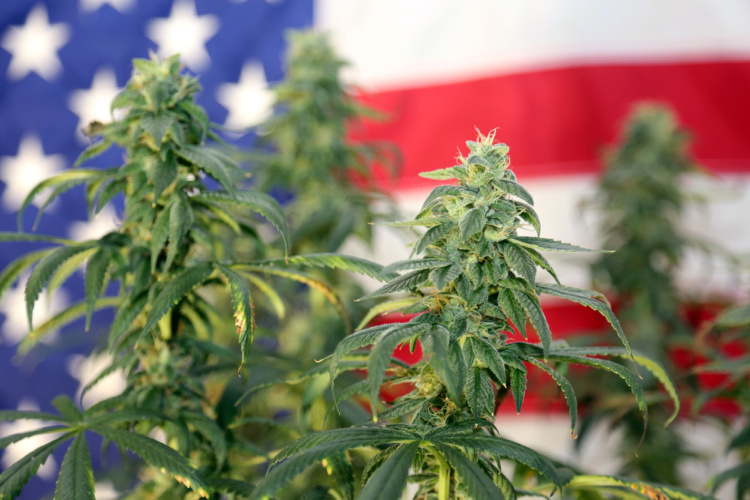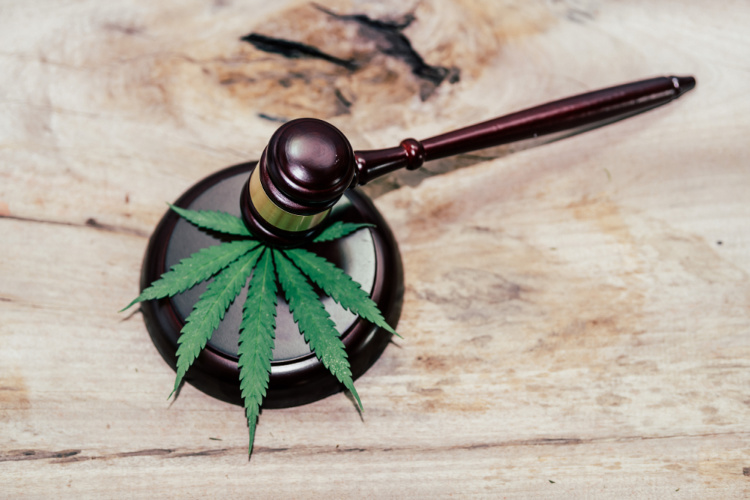Even before 2020 turned into a year of historic social change in America, calls for greater social equity were resounding throughout the cannabis industry. Although some two-thirds of Americans support legalization, we’re hardly out of the weeds. Due to the decades-long War on Drugs, communities of color have suffered the disproportionate effects of police and justice system overreach. Now, as the wave of cannabis legalization continues to roll through the United States, some of those states are using this historic moment to try and right some of the wrongs of the past.
Social Equity in Cannabis: The Historic Roots of Inequality
Of course, for most of the history of this country, cannabis wasn’t seen as a problem. Like many of his fellow farmers, George Washington grew hemp, a commodity deemed so crucial that the English had decreed that farmers had to grow it for making canvas, rope, and other industrial products.
Hemp’s cousin cannabis was just as popular. Used as a folk remedy for chronic pain, stomach troubles, and many of the same maladies we do today, it was for the most part uncontroversial—until the topic of race came into play.
At the dawn of the 20th century, a couple of historic trends ran smack into each other. One was the increasing number of migrant workers crossing the United States’ southern border from Mexico, many of whom brought “marihuana” with them. Fearful of losing jobs to these laborers, a nationalist trend sought to tie Latino immigrants to criminal activity and low morals.
The other trend was a drug crisis. In a strange foreshadowing of the current opioid epidemic, the popularity of medications containing opium or morphine sparked a backlash. As states began to outlaw them one by one, cannabis was lumped in with these drugs. Finally, in 1937, the ambitious and unscrupulous Harry Anslinger—a rising star in the national law-enforcement community—successfully lobbied to have cannabis declared illegal under federal law.
The rest, as they say, is history. Continuing the racial overtones of the marijuana ban, communities of color were singled out for heavy-handed enforcement of anti-drug laws. Fast-forward through the decades to 2020, and every major city in America is experiencing historic civic unrest following the deaths of George Floyd and countless other people of color at the hands of police.
Social Equity in Cannabis: Hope for a Better Future
So, what’s being done about it? In our home state of California, a pair of state agencies has banded together to launch an ambitious grant program to aid communities of color. This April, California unveiled the Cannabis Equity Grants Program, a $30 million fund designed to boost minority inclusion in the booming cannabis industry.
Directly targeting those communities most affected by the War on Drugs, the grant program provides technical assistance, reduced or waived licensing fees, assistance in recruitment, training, and retention of a qualified and diverse workforce, among other actions designed to spur business growth and resilience.
In an especially welcome more, the majority of the fund is allocated to low- or no-interest loans for licensees or business applicants “identified by local jurisdictions as being from communities most harmed by cannabis prohibition.”
It’s difficult to right historic wrongs, especially those as entrenched as issues of social equity are in this country. But we’re incredibly excited that—in the world of cannabis at least—the states are stepping up like never before to try and shape a more just and fair tomorrow.







